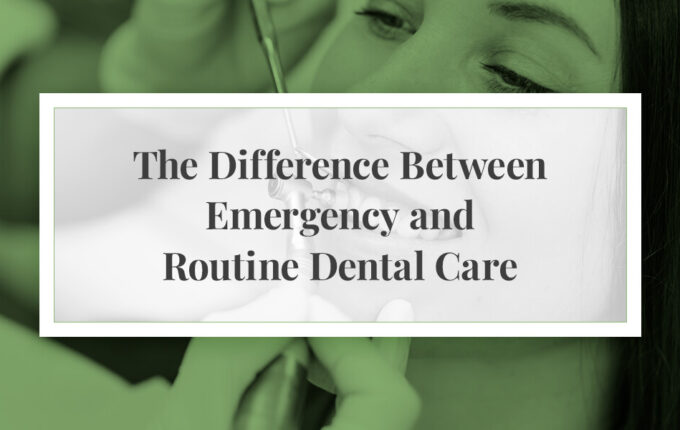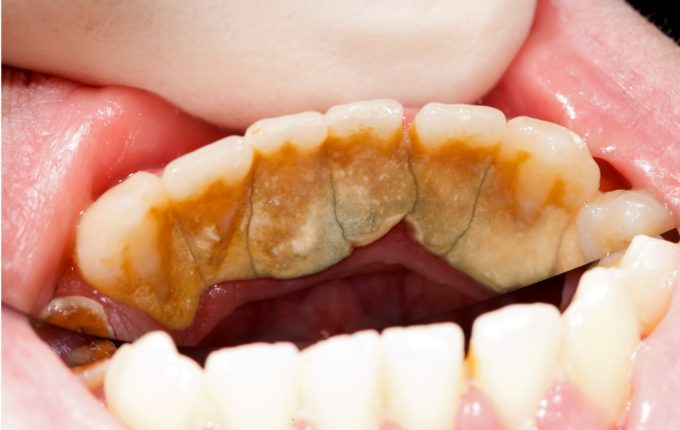10 Tips for Managing Sensitive Teeth
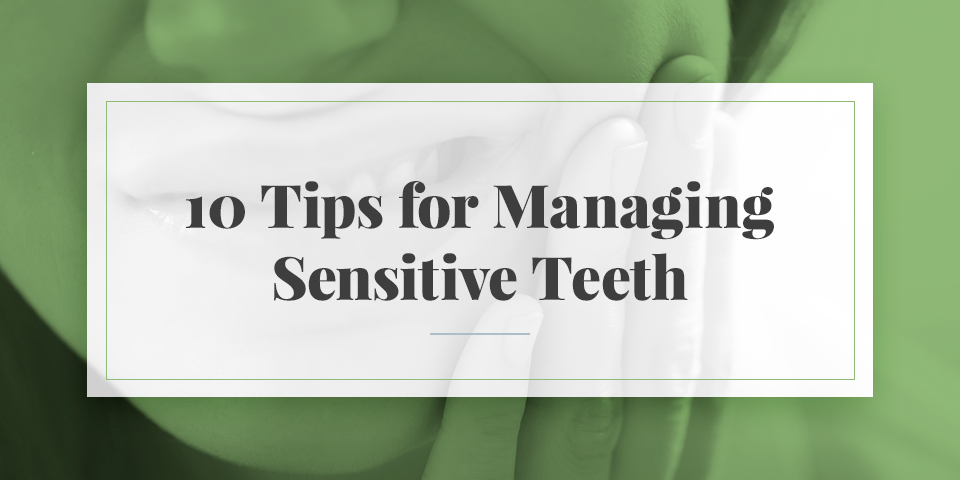
If you have ever experienced a jolt of sharp pain in your mouth after eating, you might have sensitive teeth. Tooth sensitivity to cold and heat starts and stops suddenly, usually triggered by extreme temperatures in food, beverages or the air. Tooth sensitivity is a prevalent sensation, though some people have more sensitive teeth than others.
If you are among the 40 million adults in the United States suffering from tooth sensitivity, you have options. Keep in mind, each patient may respond differently to various forms of treatment and pain management. Experiment with these tips for sensitive teeth and find a combination that works best for you. For ideal results, work with a dental practitioner to develop a sensitivity management strategy for your teeth.
Why Are My Teeth So Sensitive?
Teeth sensitivity has to do with three parts of your mouth — enamel, cementum and dentin. Enamel is the protective layer that keeps the crowns of your teeth safe from stains and damage. The cementum provides the same protection, but for the roots of your teeth and gums. Dentin is a hard, nerve-connected tissue that lies beneath your cementum and enamel. An exposed dentin layer makes the nerves in your teeth and gums prone to sensitivity and pain.
Common causes for oral sensitivity include:
- Worn or damaged tooth enamel.
- Holes, cracks or microfractures in your teeth.
- Changing weather that puts pressure on your sinuses, leading to pain at your gumline.
Once something triggers this sensitivity, your symptoms might range from a brief, sharp twinge in your gums to a lasting jolt of pain. Inhaling in extreme temperatures — both hot and cold — is one common trigger for tooth sensitivity. Other triggers include consuming hot and cold beverages and food, eating something sour or acidic and sometimes brushing your teeth.
Here are several tips for sensitive teeth you can try:
1. Try Desensitizing Toothpaste
Desensitizing toothpaste is one option for treating your sensitive teeth. Compared to regular toothpaste, desensitizing formulas contain additives like potassium nitrate and stannous fluoride to reduce sensitivity and protect nerves from painful stimulation. There are several desensitizing formulas on the market. If you are unsure which one to try, contact your dentist for a recommendation.
For maximum efficacy, use desensitizing toothpaste in the same way you would a regular formula and brush as usual. It will take several routine applications before you begin noticing any desensitization. If you experience no alleviation after a few weeks of everyday use, try a new formula or speak with your dentist.
2. Use a Soft-Bristled Toothbrush
When you shop for toothbrushes, pay attention to their bristle strength and stiffness. Strong and medium-bristled brushes may help toothpaste lather better, but soft bristles are better for your oral health — especially if you have sensitive teeth. Soft-bristled toothbrushes are less abrasive on delicate tooth enamel, protecting your nerves and dentin layer. It is also easier to avoid over-scrubbing and causing small tears or holes near your gums and teeth with these brushes. Most companies will advertise that their toothbrushes are designed for sensitive teeth on the packaging.
When choosing your soft-bristled toothbrush, make sure it is the correct size for your mouth. Undersized toothbrushes may not cover all the surface area necessary to clean your mouth effectively. If your toothbrush is too large, you will have trouble cleaning hard-to-reach areas. Most adults need a brush with a 0.5- to 1-inch head, though larger and smaller variations are available.
3. Make a Saltwater Mouthwash
Rinsing with saltwater alleviates oral pain caused by mouth sores, tooth damage and sensitivity. This type of mouthwash can also freshen breath, reduce inflammation and act as an antiseptic for a clean, healthy mouth. Saltwater does this by temporarily raising your mouth’s natural pH level and increasing alkalinity, thus producing an environment that prohibits bacterial growth.
This growth can wear down your enamel and expose your dentin, causing or worsening sensitive teeth. Taking this preventive measure in addition to methods such as using fluoride toothpaste can help reduce your chances of tooth sensitivity.
For best results, gargle with a warm saltwater solution at least twice a day — once in the morning and once at night. To make a saltwater mouthwash, combine 8 ounces of warm water with 1 teaspoon of table salt. Gargle and swish around your mouth for 30 seconds, then expel and repeat until the mixture is gone.
4. Rinse With Hydrogen Peroxide
Another mouth rinse that may help alleviate tooth sensitivity symptoms is a hydrogen peroxide wash. In addition to minimizing sensitivity, hydrogen peroxide mouthwash can also:
- Remove harmful bacteria for a cleaner mouth.
- Prevent oral infection.
- Help gums heal after an injury.
- Prevent inflammation.
- Defend your mouth against gum disease.
- Whiten teeth.
- Treat some oral sores.
To create a hydrogen peroxide solution, mix two parts warm water with one part 3% concentration hydrogen peroxide. Using this percentage is vital, as anything stronger could cause damage. Gargle the solution for 30 seconds, then expel. Rinse your mouth with fresh water to remove any excess hydrogen peroxide.
When using a hydrogen peroxide rinse, be careful not to swallow any of it and avoid contact with the eyes. Stop if irritation occurs.
5. Use a Mouthguard at Night
Excessively grinding your teeth, a condition known as bruxism, can cause extensive damage to your mouth and jaw. It wears down the enamel on your teeth, leaving them vulnerable to sensitivity and pain. Extensive bruxism can even worsen jaw conditions, loosen your teeth and alter the shape of your face.
Many people clench their jaw throughout the day as a natural reaction to stress or anxiety. However, you might not always be aware you do it. Some grind their teeth in their sleep as a response to bad dreams, excess stress or as an extension of a sleep disorder, like sleep apnea. If you are unsure whether you grind your teeth overnight, ask a loved one if they have ever heard or seen it happen. Waking up with a sore jaw and headaches is also a good indication of bruxism.
If you suspect bruxism may be responsible for your tooth sensitivity, ask your dentist to fit you with a mouthguard to wear overnight. The mouthguard will protect your teeth from wear and damage that could cause tooth sensitivity.
6. Avoid Acidic Foods and Drinks
Many natural and processed food products contain acidic ingredients that wear down enamel and promote tooth sensitivity. One way to prevent or treat your sensitive teeth and foster a healthier mouth is to avoid acidic foods and drinks or practice moderation when consuming them.
Examples of products that contain acidic ingredients include:

- Coffee
- Pickled foods
- Citrus fruits
- Carbonated beverages
- Sports drinks
- Tomatoes
- Dried, sticky fruits
- Fruit juice
Another way to prevent tooth sensitivity is to avoid brushing your teeth immediately after consuming acidic foods or beverages, as the brushing motion may exacerbate wear on your enamel. Instead, brush your teeth before eating or drinking and then rinse your mouth with fresh water after finishing your meal to remove any remnants of acid.
7. Rinse Your Mouth With Coconut Oil
Because mouth injury and infection weaken your teeth, oral health is one of the best defenses against tooth sensitivity. One way to promote a cleaner and healthier mouth is through oil pulling. Oil pulling involves rinsing your mouth with a natural, food-grade oil — such as melted coconut oil — to help draw out harmful bacteria and toxins and prevent new bacterial growth. Oil pulling is also an effective way to moisturize your gums and promote saliva production, helping sanitize your mouth.
Follow these instructions to create an oil pulling solution for treating your sensitive teeth:
- Pour or melt 1 tablespoon of coconut oil.
- Swish around in your mouth for five minutes, then spit and repeat.
- Work your way up until you can swish your oil pulling solution for 15 to 20 minutes.
- Once you have finished rinsing, flush your mouth with warm, clean water.
Repeat regularly or as needed.
8. Incorporate Fluoride in Your Dental Routine
Fluoride, a natural mineral, is essential for strong teeth and a healthy mouth. It helps ward against cavity growth and protects against sensitivity by coating exposed dentin. One type of fluoride application for tooth sensitivity is silver diamine fluoride, which can help minimize oral pain and strengthen your teeth against acid and decay.
Incorporate more fluoride into your daily routine with the following methods.
- Diet: Most drinking water contains fluoride, either through natural occurrence or manual additives. Some foods also contain natural fluoride, including grapes, baked potatoes, tea, spinach and some types of fish.
- Toothpaste: Fluoride toothpaste is one option for treating your sensitive teeth. Studies have shown that this brushing option is an effective method for controlling dentin hypersensitivity (DHS). Toothpaste with fluoride cleans and removes plaque the same way non-fluoride formulas do, but with the benefit of fluoride to fortify enamel. You can also find fluoride-infused mouthwash for extra care.
- Supplements: For extreme oral sensitivity or fluoride deficiencies, ask your dentist about prescription-only fluoride supplements.
Your dentist might also perform a professional fluoride application during your next checkup or cleaning appointment. Professional fluoride treatments are most effective for treating sensitive teeth when applied regularly or twice per year.
9. Talk to Your Dentist About Dental Varnishes and Coatings for Sensitivity
If your sensitive teeth impact your quality of life, you might consider speaking with your dentist about getting a dental varnish or coating. Varnishes and coatings add a layer of protection to your mouth, alleviating sensitivity symptoms and preventing future problems.
For instance, fluoride varnish contains a resin-like material and a concentrated amount of fluoride to strengthen and coat your teeth. A dental practitioner will paint this varnish onto your teeth, allowing it to adhere to the surface and fill any holes or microscopic cracks that could aggravate sensitivity. This method of treating sensitive teeth will have the best results if your dentist reapplies the varnish every three to four months.
10. Schedule a Dental Appointment to Have Your Gums Checked
While some sensitivity is normal, any abnormal pain in your teeth or prolonged symptoms may be cause for concern. Tooth sensitivity is one symptom of periodontal disease, a dangerous gum tissue infection. Periodontal disease affects nearly half of adults aged 30 and older. Additional symptoms include:
- Pain and swelling in the gums.
- Chronic bad breath.
- Receding gums.
- Loose or sore teeth.
- Bleeding from your gums.
If left untreated, periodontal disease can cause chronic mouth pain, difficulty chewing and tooth loss. A leading cause of gum disease is plaque buildup that occurs after improper dental hygiene. If you experience excessive and persistent tooth sensitivity — with or without the accompanying symptoms listed above — schedule an evaluation with a dental practitioner. They will assess the situation and determine the best treatment method to ease your symptoms.
Preventing Tooth Sensitivity
When it comes to your overall health, prevention is always the best form of treatment. Though some people are naturally susceptible to oral sensitivity and will likely always experience some level of sensitive teeth symptoms, you can take steps to reduce future irritation.
- Maintaining good oral hygiene: Good oral hygiene is essential for the longevity of your teeth and your overall health. Brush your teeth vigorously at least twice a day, preferably after each meal, and remember to clean your tongue. Use a toothbrush that fits comfortably in your hand and mouth for the best results. Replace your toothbrush when you notice fraying and loose bristles or every three to four months. Floss regularly and use mouthwash to supplement your oral routine.
- Maintaining a healthy diet: Proper hydration is an essential part of oral care because it keeps your mouth moist and clean. You should also practice moderation when consuming sugary and acidic foods and drinks.
- Scheduling regular dentist appointments: Schedule routine dental appointments with a trusted practitioner like 209 NYC Dental to take control of your oral health and treat problems before they have a chance to grow into more significant concerns. Try to schedule an appointment with your dentist once every six months and as needed.
- Noting and tracking symptoms: Awareness is your first line of defense against dental disease and infection. Stay informed about your oral health by monitoring any new or recurrent symptoms, like pain, swelling, inflammation or sensitivity. Bring a list of concerns or patterns to your next dental appointment and discuss health changes with your practitioner.
Tooth sensitivity after fillings should start to alleviate after the procedure, though it may be a slow process. Persistent oral sensitivity may indicate a need for further dental treatments, like a root canal or filling adjustment. Contact your dentist with concerns to schedule a post-filling evaluation. They may replace or lower your filling, if necessary.
Temporary tooth sensitivity can also occur after applying a tooth whitening treatment. Ensure you follow the directions on the product’s packaging carefully. A common mistake that could lead to sensitive teeth is leaving the treatment on for too long. Discontinue at-home treatments if irritation or excessive sensitivity persists.
Schedule a Checkup With 209 NYC Dental
Persistent tooth sensitivity, though challenging, is not impossible to manage. The best things you can do for your oral health are establishing a thorough hygiene routine and scheduling regular checkups with a dentist. Stay aware of your symptoms and report any concerns to a practitioner. If your mouth sensitivity is too bothersome to endure or if you develop new or worsening side effects, a dentist can diagnose and treat the underlying cause and help you develop healthy habits to reduce future irritation.
If your sensitive teeth impact your quality of life or you have noticed a change in your oral health, contact 209 NYC Dental online to schedule an evaluation or give us a call at 212-355-2290.
 Our History
Our History
 Our Providers
Our Providers
 About Us
About Us
 Blog
Blog
 Contact us
Contact us
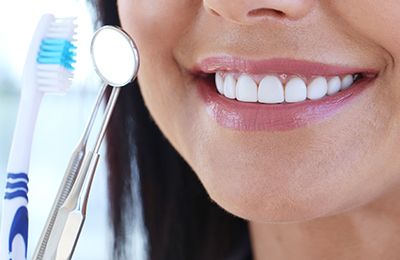 Diagnostic & Preventive
Diagnostic & Preventive
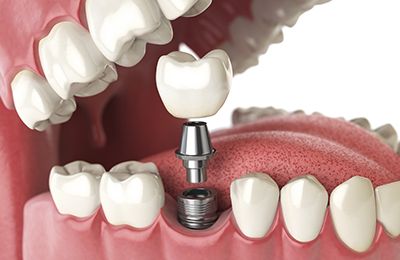 Implant Dentistry
Implant Dentistry
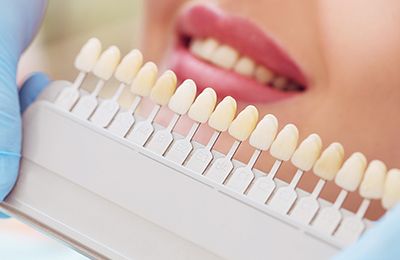 Cosmetic Dentistry
Cosmetic Dentistry
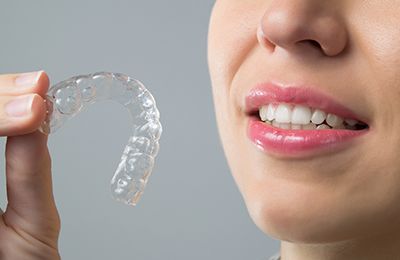 Clear Braces
Clear Braces
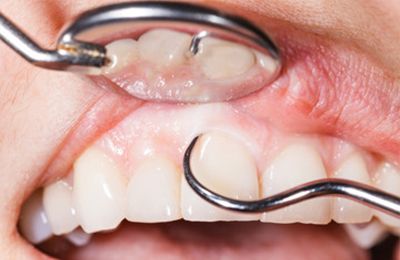 Periodontics
Periodontics
 Patient Forms
Patient Forms
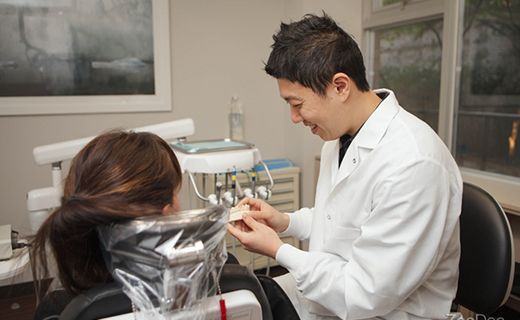 Payment Information
Payment Information
 Insurance Options
Insurance Options
 CareCredit Dental
CareCredit Dental
 Appointment Policy
Appointment Policy
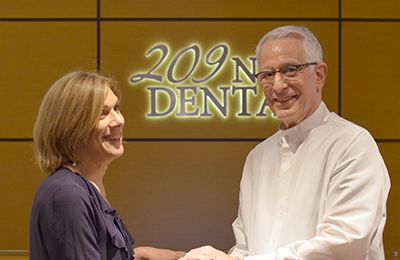 Free Consultation
Free Consultation
 Complimentary Teeth Whitening
Complimentary Teeth Whitening
 Teeth Whitening
Teeth Whitening



